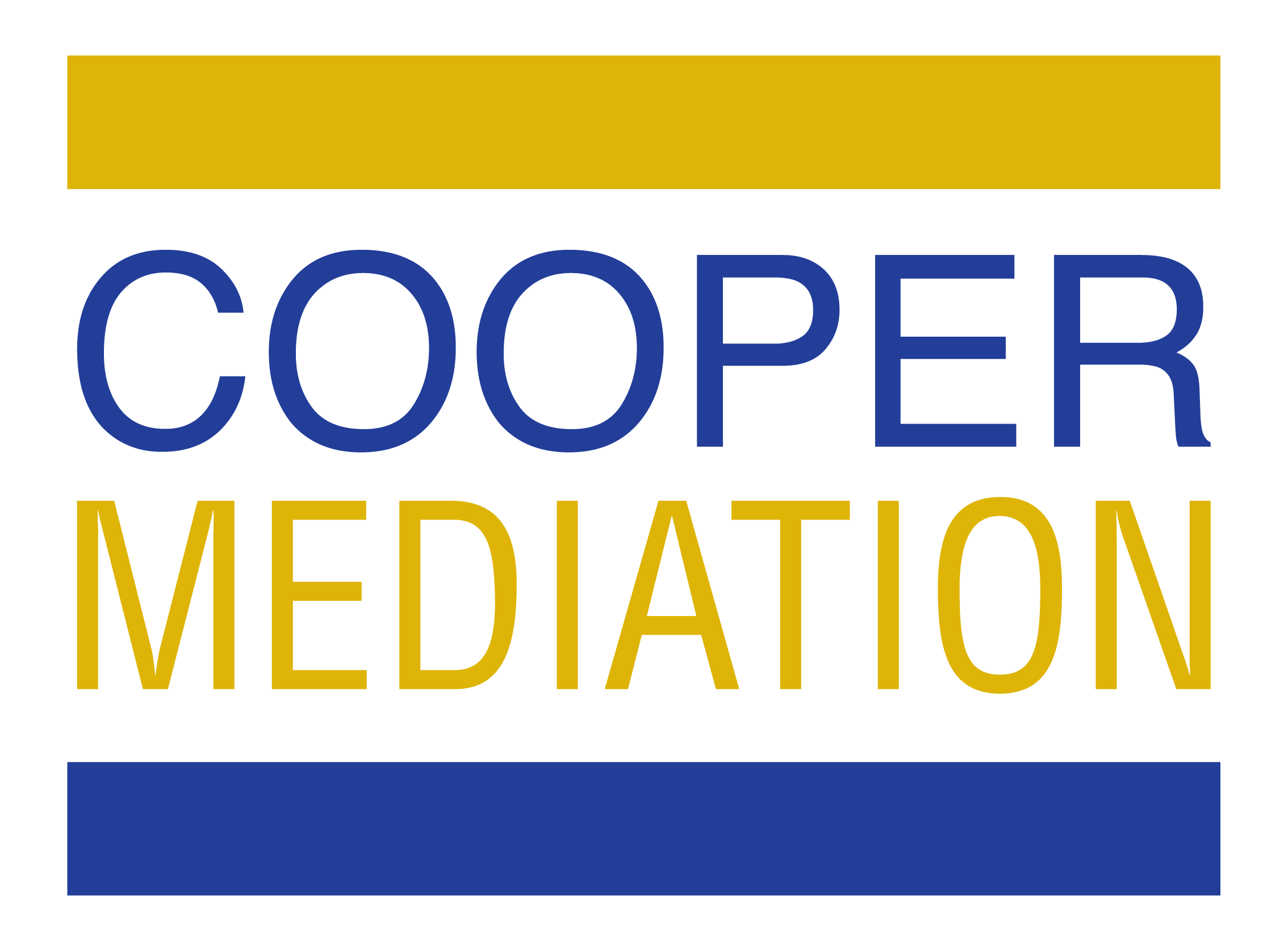
03 Jan Keep Calm and Carry On Arguing: Techniques To Help You Think Straight In An Argument
We’ve all been there: your adrenaline is flowing, your blood pressure is rising and your mind is racing. You’re in the midst of an argument.
How can you use logic and reasoning to make your case when you’re over-stimulated and your body is in full revolt? Quite simply, you can’t. Instead, you should quickly try to re-centre yourself to allow your muddled mind a chance to think clearly again.
In this blog post, I offer some quick tips on how to put mind over an (emotional) matter. You may find some of these techniques work better for you than others, but learning and practising these strategies will give you a toolbox of potential solutions to calm the mind and body.
Deep Breathing
When stressed, breathing becomes shallow and the body produces an excessive amount of adrenaline and cortisol. If you notice you’re becoming flustered, try to take several deep breaths to counteract this response. Not only will you reduce production of these stress hormones, but you’ll take in more oxygen which will help your mind to stay sharp.
There are a variety of deep breathing techniques out there, but some of them can be fairly noisy or physically involved and may not be practical in the midst of an argument. Some less conspicuous techniques you might try include breath counting (gradually increasing the length of time between breaths) or four-corner breathing (identify or envision a four-sided object; focus on a corner and count to four between breaths before moving to the next corner).
Deep breathing will also give you a chance to regain your mental and emotional balance and refocus your energy and attention on how to respond to your challenges.
Identify Your Feelings to Regulate Your Feelings
You may not want to verbally admit you are angry, scared, surprised or confused to another person during the course of an argument (although your body language may betray you). But if you think about what word best describes the emotion you are experiencing, remarkably you are less likely to feel emotional.
Neural research imaging studies have found that attempting to label your emotions enhances prefrontal brain activity and reduces stimulation in the amygdala (which becomes active when a person is emotional or in intense situations). It is hypothesized that since the amygdala also tends to become active in ambiguous situations, by consciously attempting to give a name to what you’re feeling, you help to reduce ambiguity.
While the jury may still be out on the exact scientific explanation behind this technique, it is an effective way to achieve mindfulness and find clarity and focus in your thoughts.
Focus on Controlling Your Body
As mentioned above, body language can reveal a lot about how we’re feeling. It stands to reason that consciously focusing on our body can change how we’re feeling.
If you do a quick body scan and discover you’re tensing up, try to adopt a more relaxed posture – literally and figuratively as it relates to your opinion or argument. This change in body language will often be recognized and mirrored by other participants in an argument and it will also be picked up by your own body.
Similarly, if you find that an argument is becoming heated, participants will often raise their voices as they become more agitated and emotional. Consciously lowering the volume of your speech may help to diffuse another participant’s emotions and it has the added benefit of helping to lower your blood pressure. If a person is experiencing a sharp spike in blood pressure during an argument, their mind’s ability to process information is hindered greatly.
Slow The Pace
People often feel the need to immediately answer an argument or to have a response already waiting before another person finishes speaking. This can be especially difficult to accomplish if an argument becomes heated or if you’re feeling especially agitated. You may quickly spit out words that you almost immediately regret.
Instead, consciously slow the pace of the argument by reflecting for a few moments before responding. You may already know what you want to say, but it never hurts to use this time to work through your thought process again. Reducing the speed of the exchanges gives you, and all parties, a chance to employ one of the other stress-reducing techniques.
Nobody’s Perfect
It would be amazing (not to mention the end of my career as a mediator) if everyone always agreed with one another and there was a complete absence of conflict. The nature of humanity means that will never happen. Arguments and disagreements are here to stay. While calm and focussed minds may help to achieve a resolution to a dispute, sometimes people will simply have to agree to disagree. However, even in these cases, controlling your emotions will help the discussion and debate remain civil. We can disagree but we ought not to be disagreeable.
When you inevitably find yourself in the midst of your next heated argument and you realize your mind is losing out to your emotions, do your best to take a step back and try one of these techniques to bring you back to a more balanced state of mind. Clear and reasoned thinking may not always win the day but, in an argument, it will always have an advantage over unrestrained emotion.
ABOUT THE AUTHOR
 Vance Cooper is principal of Cooper Mediation Inc. Vance devotes 100% of his professional time to mediating and arbitrating primarily personal injury and insurance cases. He serves as an arbitrator in loss transfer and priority disputes under the Insurance Act.
Vance Cooper is principal of Cooper Mediation Inc. Vance devotes 100% of his professional time to mediating and arbitrating primarily personal injury and insurance cases. He serves as an arbitrator in loss transfer and priority disputes under the Insurance Act.
Vance can be reached at vance@coopermediation.ca or (647) 777-4011.
To schedule a mediation with Vance, visit: http://coopermediation.ca/vances-online-calendar/.
